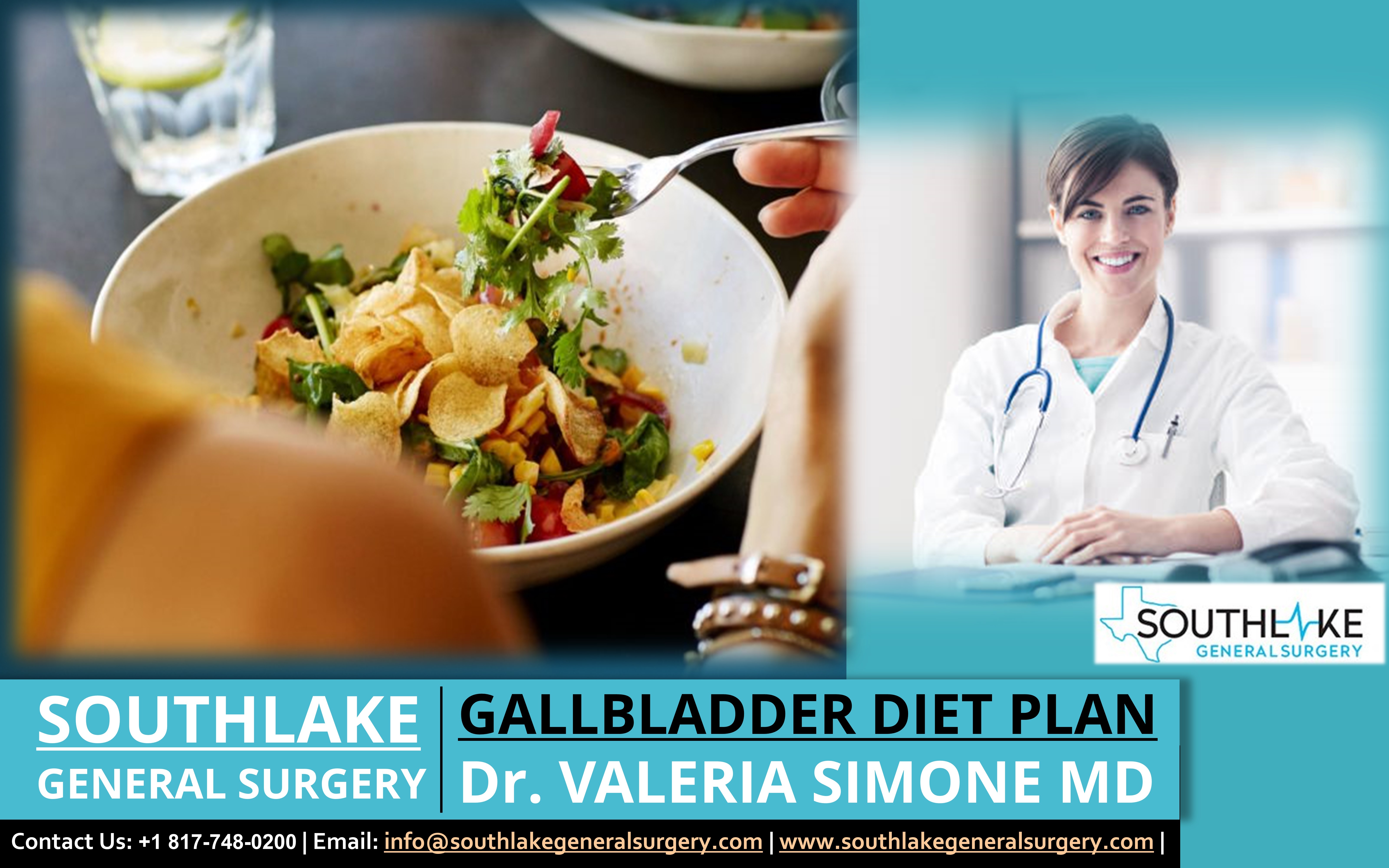A complete nutritional diet that keeps the gallbladder healthy that becomes the gallbladder diet. A healthy meal can help protect gallbladder health, whereas others may cause certain medical problems such as gallstones and gallbladder inflammation.
Our gallbladder is a small organ situated beneath the liver that stores bile discharge from the liver and moves to the small intestine to help digest food.
The patient requires gallbladder removal surgery if the gallbladder is not healthy, and it requires to be removed.
Diet Plan for Gallbladder
The following diet plan for the gallbladder in your diet chart includes:
- Low-fat dairy products
- green and leafy vegetables
- citrus fruits and fresh juices
- bell peppers, beans, lentils, nuts, lentils
- fish, shellfish, and sardines
A healthy and balanced diet with fresh juice, fruits, and vegetables is a great source of nutrients and fiber that not only improves the gallbladder health but also maintains the overall health of the body.
Meals that are rich in calcium, Vitamin B & C, and plant-based protein are also essential for a healthy gallbladder.
Food that you need to avoid for gallbladder health
The following foods items need to be avoided for a healthy gallbladder:
- vegetable and peanut oil
- processed food, white bread, pasta, surgery products, etc.
- fatty and greasy meals
- red meat
- smoking and alcohol
Processed food, fatty, and greasy meals are difficult to break down and it may prompt gallbladder problems.
Meals that are rich in trans fat such as processed food or commercially baked food items can cause several gallbladder problems.
Diet After Gallbladder Surgery
According to Dr. Valeria Simone MD (Southlake General Surgery, Texas), Once your gallbladder is removed, diet after gallbladder surgery has an important role in the speedy recovery and adapting to a new change in the lifestyle.
Once the gallbladder is removed, the bile flows directly into the small intestines, and an individual may experience runny stools and diarrhea weeks after the gallbladder surgery.
To balance this condition, an individual may avoid food that contains:
- dairy products full of fat
- more than 3 grams of fat
- sauces or gravies
- cream rich in fat or sugar
- fired, oily, or processed foods
An individual should increase the fiber intake slowly and steadily and should have six small meals in a day instead of three large and heavy meals.
What are the causes of gallbladder problems?
Gallbladder problems are categorized in two ways: Cholestasis (gallstones) and Cholecystitis (gallbladder inflammation). In few cases of gallstones, people may not experience any symptoms. But for those who experience symptoms of gallbladder problems may include:
- fever, nausea, and vomiting
- loss of appetite
- abdominal pain on the upper right after meals or fatty meals
- Jaundice, change in skin and eye color to yellow
- Dark color urine and change in stools color
For an individual, gallstones can be very painful. If this condition is ignored it can move to the bile duct and cause an obstruction that further block the flow of bile from the liver to the small intestines. It can also lead to severe problems and can be dangerous for survival. It is always recommended to have gallbladder surgery once the gallstones are diagnosed.
There are other factors that can develop gallstones such as:
- being overweight
- ancestral history of gallstones and gallbladder problems
- coronary artery disease
- lactose intolerance
- excess consumption of carbs and calories
- low fiber diet
- rapid weight loss followed by weight gain
- rapid weight loss
- diabetes
Consult a doctor
For more information on gallbladder diet and after gallbladder surgery diet plan. Please contact our healthcare expert today at +1 (817) 748-0200. To make an online appointment. Click Here
Follow us on Facebook

